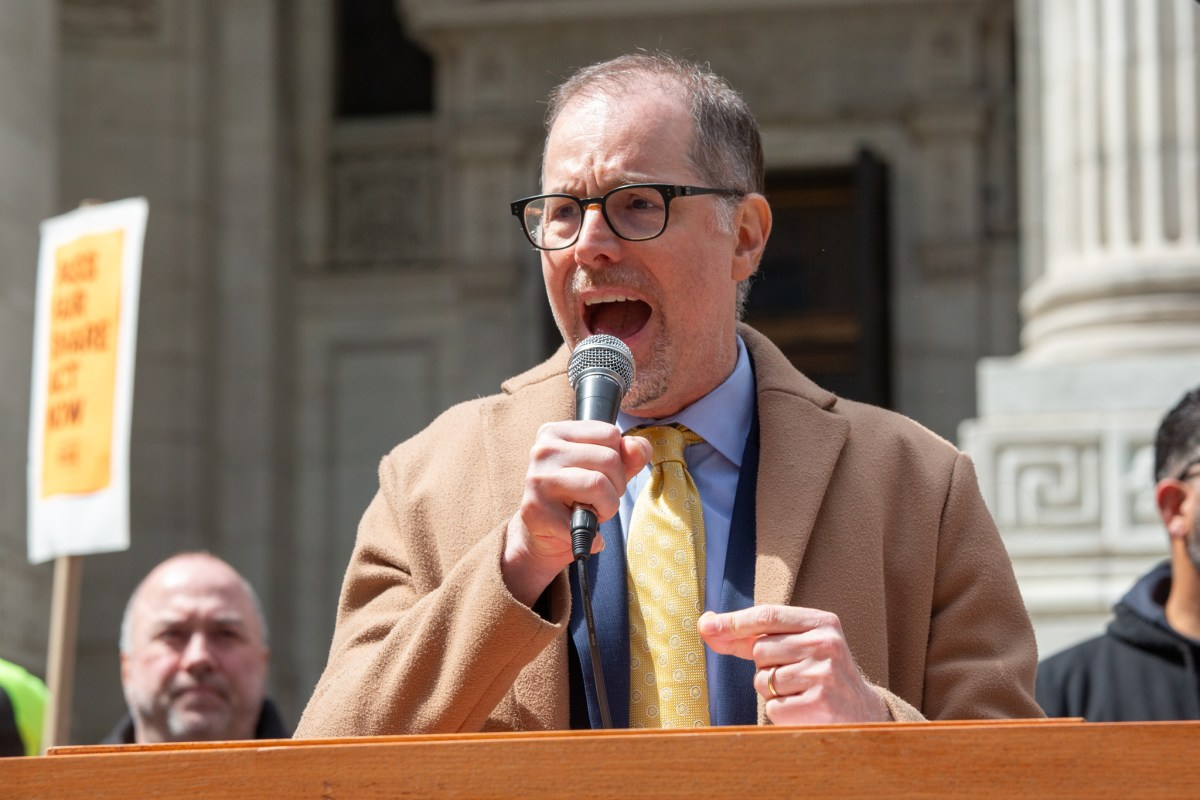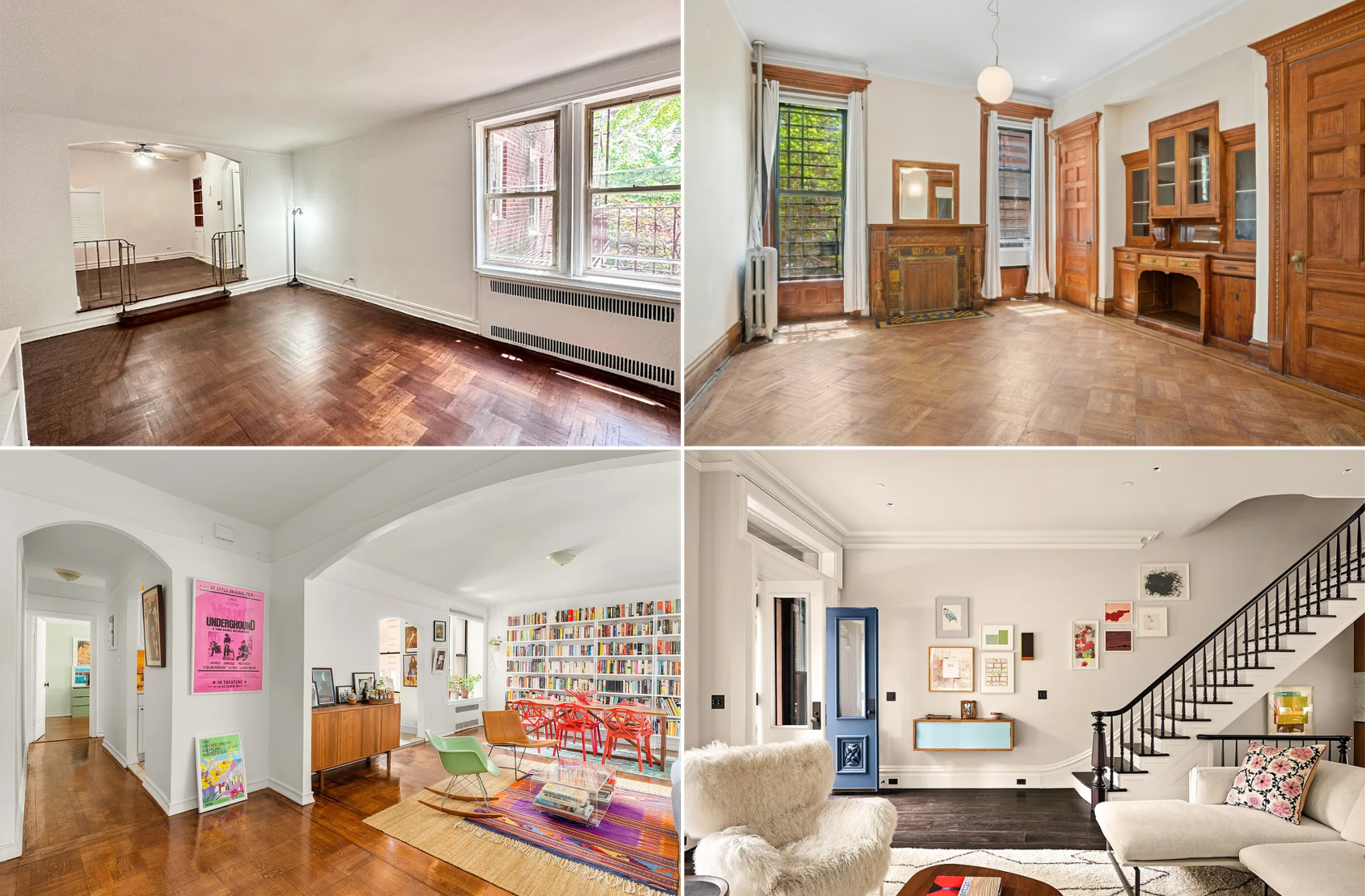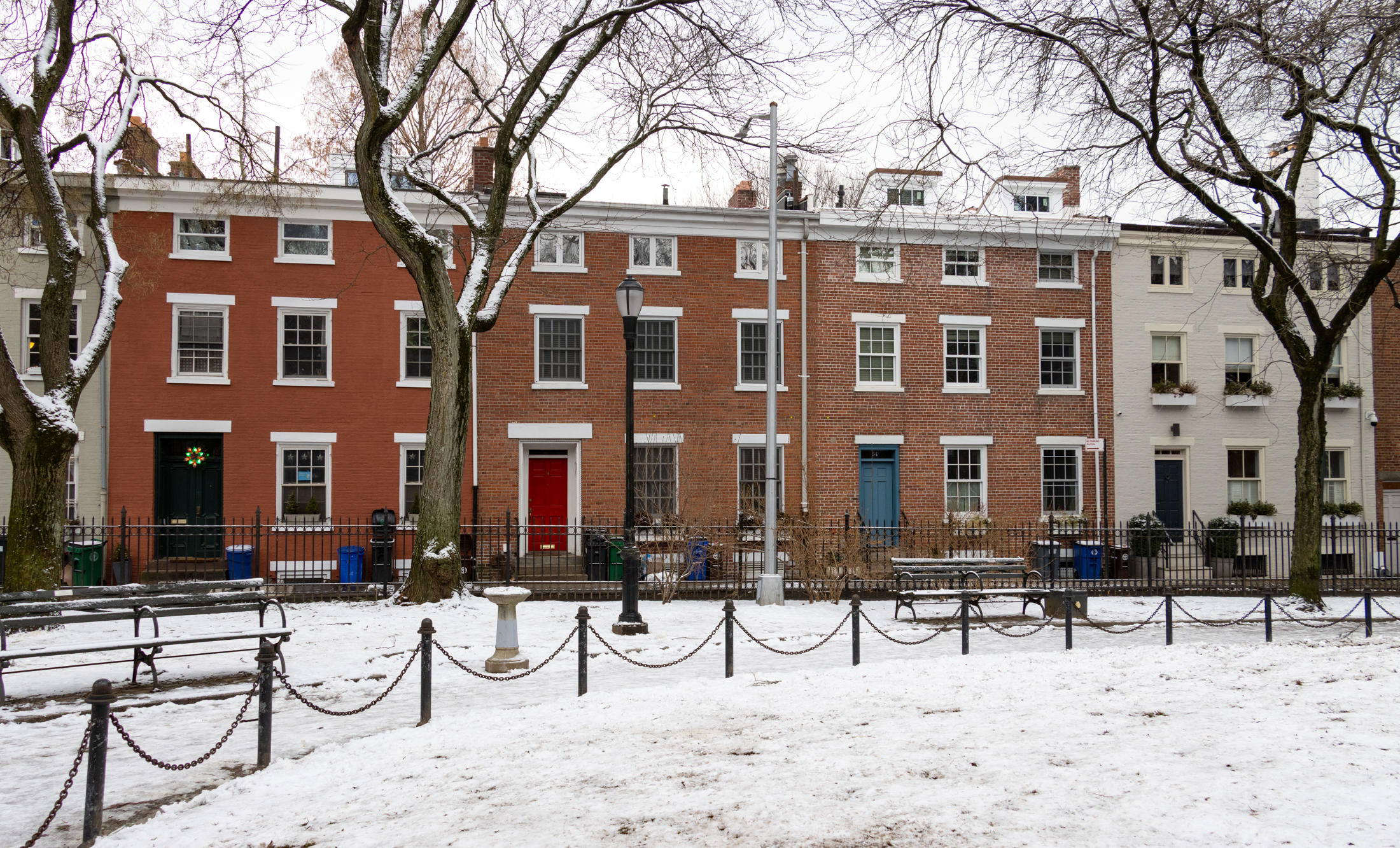Luxury Rentals Abound
Developers of new rental buildings aren’t as squeezed as those who are trying to pawn off new condos, but they are still struggling. The New York Times reported over the weekend that among the 7,000 new rentals citywide, Brooklyn will see 3,500 new luxury units (including some that opened in late 2009). According to the…


Developers of new rental buildings aren’t as squeezed as those who are trying to pawn off new condos, but they are still struggling. The New York Times reported over the weekend that among the 7,000 new rentals citywide, Brooklyn will see 3,500 new luxury units (including some that opened in late 2009). According to the Times, rents in the city are down about 25 percent from the market’s height in 2008 and the vacancy rate is almost two percent, compared to one percent in 2006 and 2007. Given the glut of rentals, developers in Downtown Brooklyn and Williamsburg continue to court would-be luxury tenants with free rent, gym memberships and iPods, among other perks.
Buildings mentioned: Avalon Fort Greene, the 600-plus unit building along the Flatbush corridor; 60 Monitor, the 60-unit project in Williamsburg; 184 Kent, which began as a condo; 80 Dekalb, Forest City Ratner’s 36-story tower; Brooklyn Gold, the 512-unit condo-turned-rental; and Brooklyner, the looming 51-story building built by the Clarett Group. Avalon and Brooklyn Gold have experienced delayed move-in dates, but you knew about Gold already. And what happened to the strong starts?





ABS spreads have come down substantially since the start of the crisis indicating more liquidity in the markets. righ nows, JPM MBS 15yr index zspread (agency MBS so no “credit risk”) is indicating 39bps.
More4less, those salaries won’t be what they used to be and it’s going to have quite a dramatic effect on NYC over the next decade. And then throw in technological advances such as telecommuting and one may argue NYC might be a dying city.
People believe real estate was a can’t miss investmt hence more and more people (from subprime to super prime folks) were willing to crank up the leverage – that’s what powered up housing prices. The low rates might’ve powered up prices somewhat but not 50%, 100%, or 200% price appreciation as we saw across the country. Banking industry might’ve truly pumped tons of money into NYC mkt (ie trickle-down impact via big bonuses to employees who splashed the cash around) but rest of the countries’ price surge is probably more because people thought real estate was can’t miss investment vs them seeing their salaries surge like those bankers in NYC
tybur6, the fed DOES control the very low end. They brought them down.
30 Years were at their highest in 2006 and touched 5.40%. Tey are now 4.5%, largely controlled by the market, not the Fed.
OK… perhaps it’s a chicken and egg thing… So, why did treasury rates tank? Or is each ‘segment’ of the credit world discrete and has not effect on the others?
DIBS – you haven’t heard Polemicist’s rant about how high housing costs in new york are caused by rent-stabilization laws which artificially constrict the housing supply? I feel like I’ve seen him post it at least once a month or so. That’s the public policy he’s referring to. Of course it very conveniently ignores the fact that high housing costs in NYC are caused not just by a somewhat constrained supply – but by the fact the New York City is the single most attractive place for young people who are looking to make something of themselves to move. There may be something to the fact that the supply side is low, but I’m betting that it has much more to do with an extremely strong demand curve. Rent Stabilization laws in Dubuque, Iowa would not lead to NYC-style housing costs.
The 5-30 year treasuries are largely determined by the market, not the Fed’s setting of very short term rates. Mortgage rates key off of these longer term rates.
That’s why mortgage rates have been moving up and down while the fed’s rates at the low end remain fixed at a low level.
I would like interest rates be where they are suppose to be and that is definately not 0.25%, which is what the banks are paying the Federal Reserve to borrow cash. I don’t want to rant out numbers but let me tell you it doe s stink to get less than 1 percent on a CD just because we have to help the homebuyers. Polemicist rent prices are low now but you could not say that a year ago. Rents will go down even further as the economy gets worse in the city.
tseis-
spreads have widened (doubled) on jumbos since crisis began. spreads on conforming loans i don’t have handy, but i’m willing to venture a guess that they are not lower and prob not sign higher as this is where govt policy/purchase has been directed. rates are down bc UST 30 and 10 yrs have rallied on crisis.
but i guess this is beyond you?
btw, prop taxes are low in nyc, but how many municipalities recoup more $$$ via a city income tax? renters don’t like it, but it spreads the cost of services to all who use them and in a city of (many times, wealthy) renters, this makes some sense. a better question is why coops/condos get charged much more than single-family homes…
DIBS — you are very much right. Terrible lending standards are a much bigger factor contributing to the pickle we find ourselves in today. Though I think interest rates, effed up property taxes (i.e., crazy low rates for $3 million single-family homes), skewed senses of value, and myriad other things also contributed.
antidope — how you figure that mortgage rates (i.e., long term lending rates) are not affected by government intervention is well beyond me. You may want to take a class with a different Econ professor….